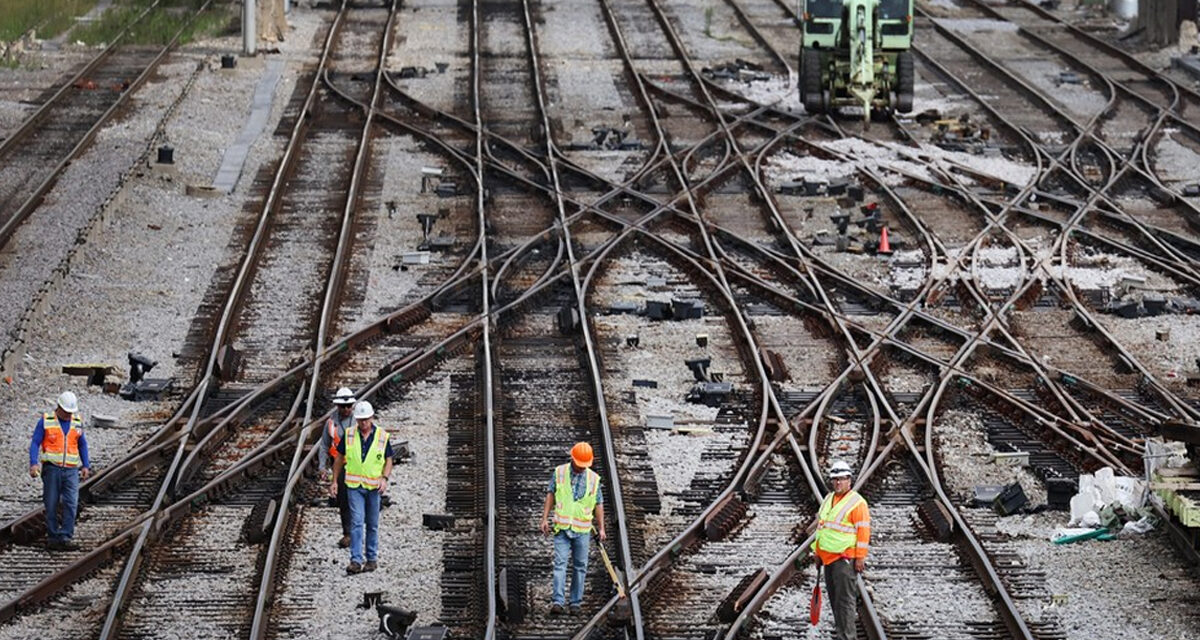An impending strike by railroad unions in the United States could lead to losses of around $1 billion a week based on a recent report from the Anderson Economic Group.
The potential economic impact of the aforementioned strike may be felt in as early as its first three days, as both workers and the consumer public stand to lose at least $250 million. This is due to the fact that any organized labor initiative involving the railway system may catastrophically impact the economy as there would be limited ways by which to ferry people to work and move goods to and from different parts of the country.
Among the industries that have the most to lose in the event of a railroad transport strike are ethanol production and distribution, retail in general, as well as agriculture. In which case, officials of the Retail Industry Leaders association are now calling upon policymakers to avert a potential economic disaster.
What’s Going On
On Tuesday, November 22nd, several leading railroad unions voted against the ratification of a labor deal due to certain issues regarding paid sick leaves and vacation time.
Those who voted against the ratification are the Brotherhood of Railroad Signalmen (BRS,) the Brotherhood of Maintenance of Way Employees (BMWED,) SMART-TD, and the International Brotherhood of Boilermakers (IBB.)
If policymakers and unions fail to come to an agreement regarding the new labor deal, members of involved unions will go on coordinated strike beginning Friday, December 9th.
Railroad unions which have opted to vote for the ratification have assured officials that they will not cross picket lines should the strike push through. However, they will still show their support for their fellow union workers, which means a nationwide shutdown of the freight rail system may still be possible.
What’s the US Government Doing About It?
At present, US Transportation Secretary Peter Buttegieg is working to bring unions, carriers, and affected local government officials together to revise the stipulations of the contentious policy.
However, in the event that the unions and relevant government agencies fail to reach a consensus regarding the aforementioned labor policies, unions will push through with a strike or service lockout unless Congress intervenes.
Members of Congress could cite the Commerce Clause of the US Constitution wherein they can introduce legislation with which to stop the strike, as well as to set specific terms for agreement between unions and carriers.















